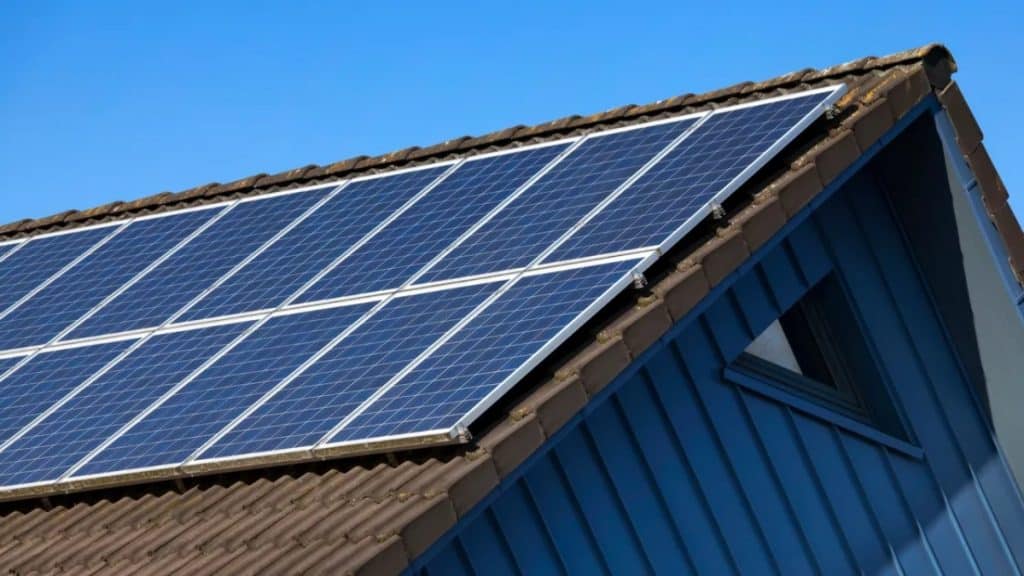Inflation is making the price of everything go up, so it is to be expected that the price of solar systems are going up in 2022, too. But does that mean that you should wait to get your solar system installed? Not necessarily. In these uncertain times, it is not clear what will happen, particularly in the energy sector.
If you are wondering whether or not it is worth investing in solar panels in 2022 because of rising prices, you have to look at several factors to get a comprehensive answer.
The Rising Price of Energy
We are facing the highest inflation seen in many decades, perhaps in the history of our country. Just like everything else, energy prices have surged across the board.
It is misleading to say that solar power systems are not worth your investment because the price is soaring, however. If you take into consideration that while gas and other fossil fuels have jumped between 29% and 50%, and solar power has only risen 18%, it looks like a very good deal.
The Cost of Electricity
Residential electricity prices are expected to continue to rise, just like everything else. In some states, electricity has risen 15% this year.
The average price for a killo-watt hour (kWh) in the U.S. is currently 10.42 cents. Depending on your location, however, you could be paying much more. For instance, Hawaii is currently averaging 30.55 cents per kWh. You can easily find out the average in your state, or you can look at your most recent electric bill to find the price you are actually paying for electricity.
By comparing the average price of electricity with the price of solar electricity in your state, you can determine if you will have any savings. It may depend on where you live. Another thing to consider is that solar power is expected to decline, while other forms of electricity are expected to continue to rise.
The Size of Your System
Not every home has the same energy requirements. There are several factors. How many people live in your home? What type of heating do you use? What is your geographic location?
All of these factors, and many others, play a part in determining what the size of your solar system needs to be. To calculate the number of solar panels you will need, you need to know how much electricity your home uses and how much of that you plan on getting from your solar system.
Federal Tax Credits
The federal residential tax credit is a tax credit that can be claimed on a percentage of your solar power expenses. For the rest of 2022, the tax credit for home solar systems is 26%, but it is going to go down to 22% in 2023.
The solar Investment Tax Credit (ITC), as it is sometimes called, expires in 2024 unless Congress renews it. These are substantial tax credits, and they might not last, which makes investing in solar panels in 2022 more appealing.
For more information on the Federal Tax Credit for Solar Photovoltaics, visit the Department of Energy’s website.
Location, Location, Location
Specific property features, such as being beneath a mountain that blocks the sun for most of the day, and your geographic location, can reduce your return on investment in solar energy panels. While it’s always nice to be able to generate free electricity from the sun, you might not find it as worthwhile if you are only getting a few hours of sunlight each day.
Some cloudy, northern climates, such as the Pacific Northwest, can go for days or weeks in the winter without any direct sunlight. If you live in an area like this, then your investment won’t pay off the way that it would for someone who lives in Arizona, for instance.
Increasing Your Home’s Value
Not only does adding solar to your home increase its value, but it also makes it easier to sell.
In a study done by Zillow, homes with solar power installations sell for an average of 4.1% more than homes with traditional forms of electricity. In fact, the increase is linked to the size of the solar system. A home with a 4 kWh system is estimated to be worth $23,644 more, while a home with a 10 kWh system is worth $59,110 more.
If you are looking to sell your home, having a solar system will help. 80% of homebuyers said they consider energy efficiency a priority. Homes with solar panels are shown to sell 20% faster than homes without. An earlier study from the National Renewable Energy Laboratory showed that homes with solar sold for up to 17% more.
Check with your state regarding property tax exemptions for solar power improvements. It varies from state to state, but some states offer 100% exemptions on solar improvements, which can make it even more appealing to invest in solar.

